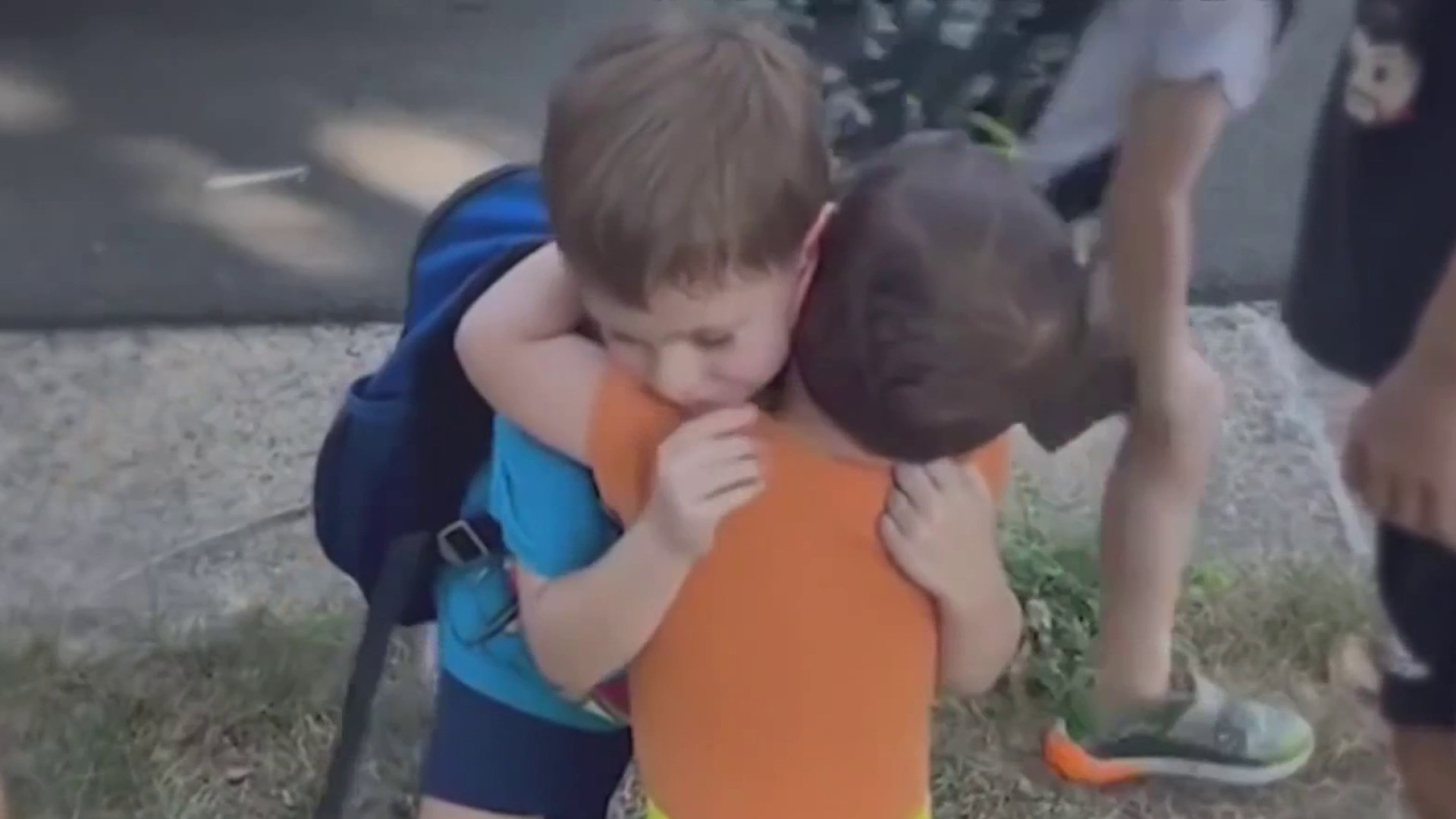Twenty Fairfax County police officers are "hearing voices" this week as they begin special crisis intervention training. In their first session they put in earbuds and were hit with the same kind of constant haunting, negative chatter that might flood into the brain of someone with schizophrenia.
"This si not an easy session," warned Crisis Intervention Team (CIT) training coordinator Tom von Hemert. "I've had some officers fell nauseous or gotten headaches and said, 'I can't do it. '"
For 45 minutes as the "voices" continue to stream into their heads, they are asked by von Hemert Team instructor to do routine tasks, filling out paperwork, solving a word scramble, reading a story and answering questions.
What should be simple becomes hard. Von Hemert quizzes them.
"I put graphics", replied one officer to a question.
"You put wrong," snapped von Hemert.
The ridicule is meant to mimic the kind of treatment someone in a mental health crisis might get. After the "voices" stop, the instructor gets some reactions.
Local
Washington, D.C., Maryland and Virginia local news, events and information
"I could almost see myself doing anything to make that stop, anything," said Mt. Vernon District Officer Eric Becker.
"I felt physically exhausted from this exercise. My heart is stil pounding. My hands are still clammy. I'm beat," said Master Police Officer Eddy Azcarate.
Von Hemert drove home the message, telling the group it's key to take it slow when dealing with people with mental health issues. He told officers to acknowledge what the subject is experiencing.
"Don't argue the delusion. You are not going to win," advised von Hemert. "You can say I don't hear this but I understand you are hearing this or thinking this."
Nationally, it's estimated between 25 percent and 50 percent of police shootings involve people in a mental health crisis. The goal here of the "hearing voices" excercise: To arm officers with understanding.
"To give me a better understanding of what poepe in a crisis are going through and to give me the tools to deal with it better," said Officer Becker. "It starts with our hearts and minds first, hopefully the whole system can change from there."
Azcarate has nearly 20 years of police experience but says the training session still helps.
"I need to understand that this is a very real thing that's happening to that individual, whether it's voices or something they smell that I can't smell. I need to take that into account," said Azcarate.
Over the years, 43 percent of Fairfax County's patrol officers have attended CIT training classes. Now, every new recruit class is being trained before they even hit the street. The goal is to eventuallly train every sworn officer in Fairfax County.
"It's that passion, compassion and understanding and emphathy for those who suffer from mental crisis that we need to pass onto to every single sworn law enforcment officer," said Fairfax County Police Chief Ed Roessler.



